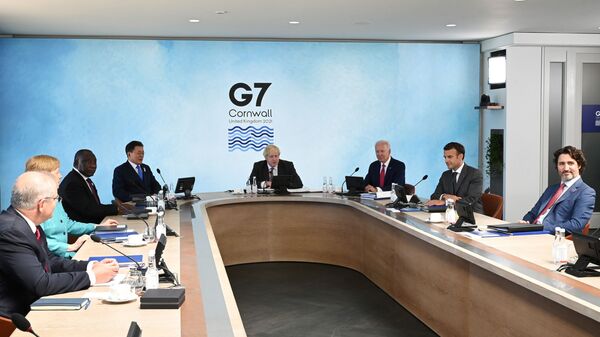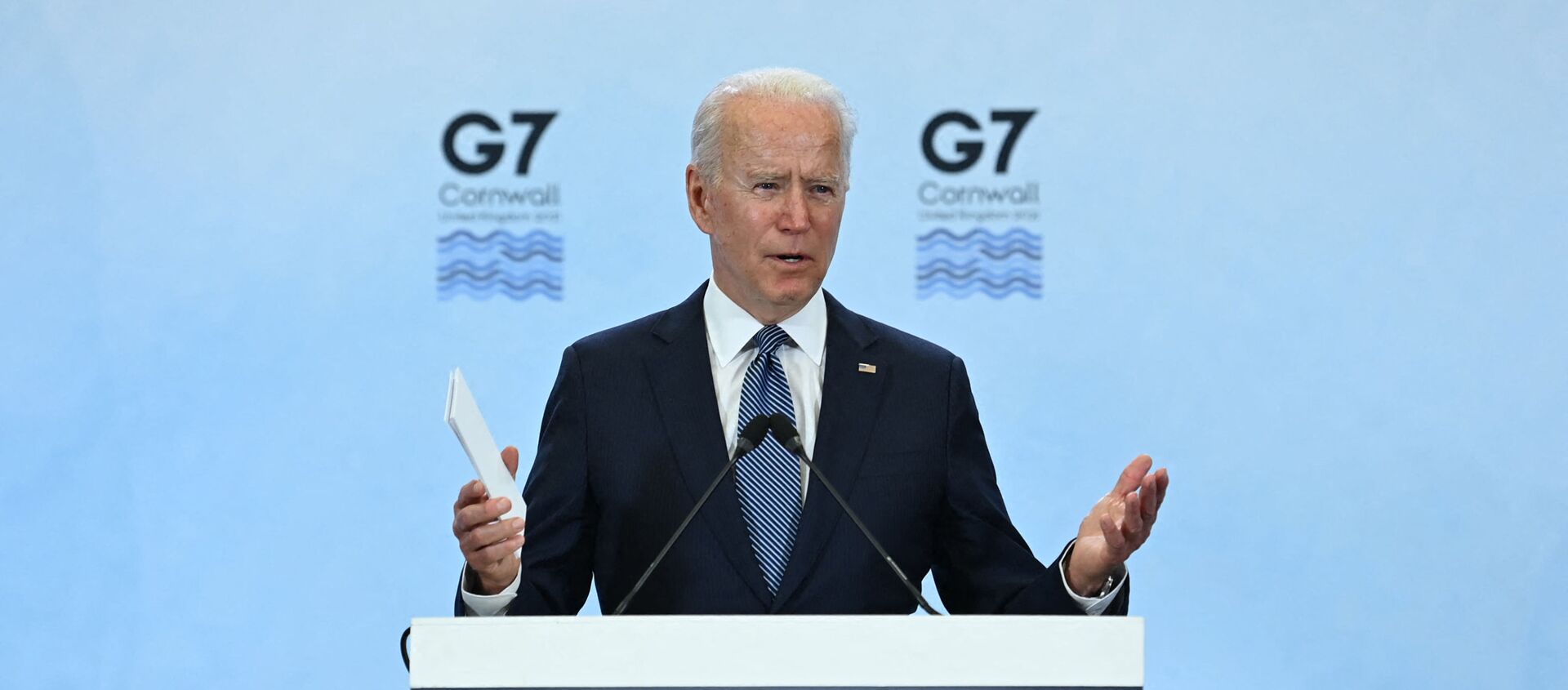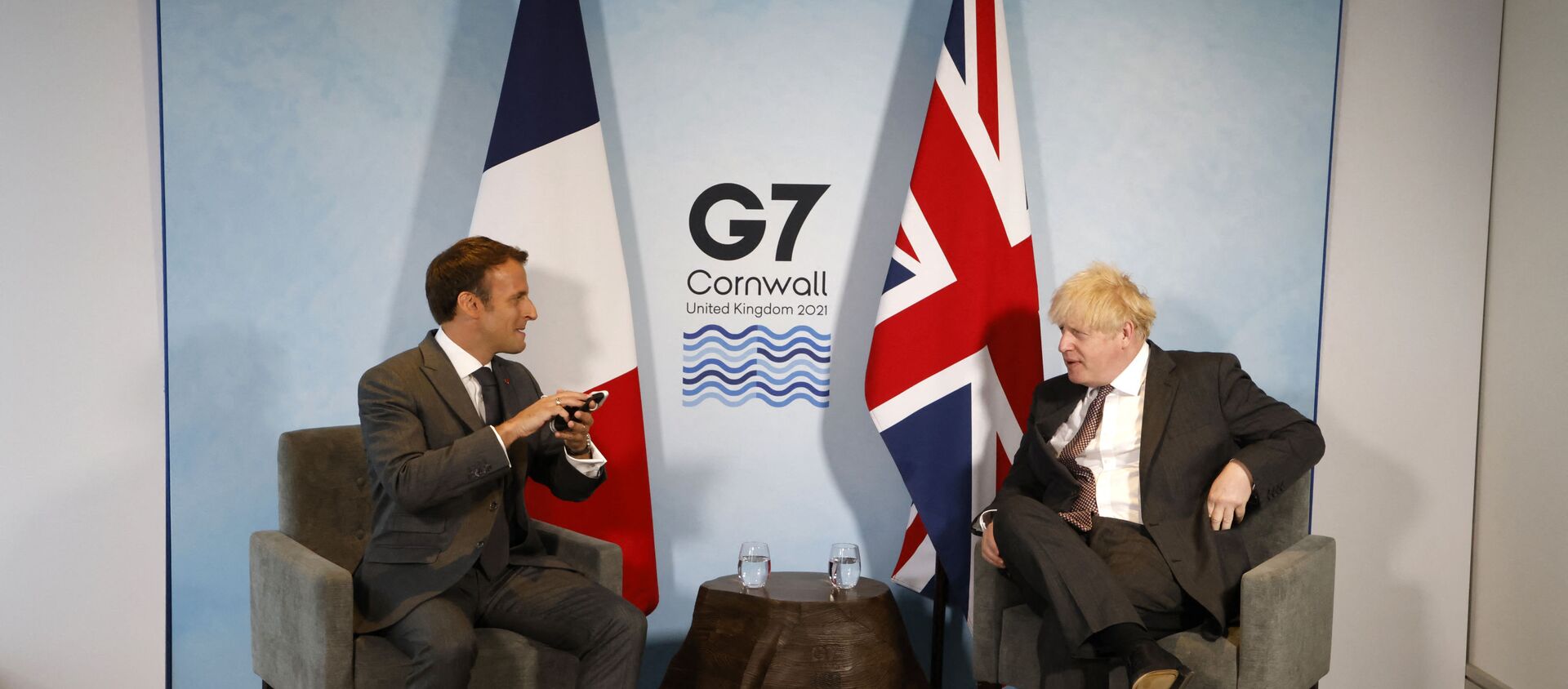MOSCOW(Sputnik) - The leaders of the G7 nations have agreed to remove forced labour from global supply chains, and ensure that human rights and international labour standards are upheld, the White House said on Sunday.
"Leaders agreed on the importance of upholding human rights and of international labor standards, and committed to protect individuals from forced labor. We welcome the commitment of our G7 partners to ensure all global supply chains are free from the use of forced labor", the White House statement read.
The White House also mentioned goods produced by alleged human rights victims in the Chinese region of Xinjiang.
The United States has pushed to restrict the import of goods allegedly produced by forced laborers in Xinjiang, although the Chinese government has denied all accusations of abuse in the Xinjiang region.
The leaders of the G7 nations have also agreed to take collective action against corruption.
"Together with our G7 partners, the United States is resolved to taking meaningful actions to effectively combat corruption, such as tackling the misuse of shell companies, limiting the ability of bad actors to launder dirty money in real estate purchases, improving corruption-related information sharing, and reforming foreign assistance to focus on anticorruption as a cross-cutting priority. We welcome the G7 commitment to take collective action in combatting corruption", the White House said.
Additionally, the Group of Seven pledged to work together to fight the growing ransomware threat, the White House said on Sunday.
"Ransomware is a longstanding global challenge, and the threat continues to escalate in both scale and sophistication. ... The international community—both governments and private sector actors—must work together to ensure that critical infrastructure is resilient against this threat. ... The United States and our G7 partners are committed to working together to urgently address the escalating shared threat from criminal ransomware networks", the White House said in a statement.
It added that in the past few weeks there had been several cyberattacks targeting G7 and other nations’ infrastructure.
"These transnational criminal enterprises leverage infrastructure, virtual currency, and money laundering networks, and target victims all over the globe, often operating from geographic locations that offer a permissive environment for carrying out such malicious cyber activities", the statement read.







